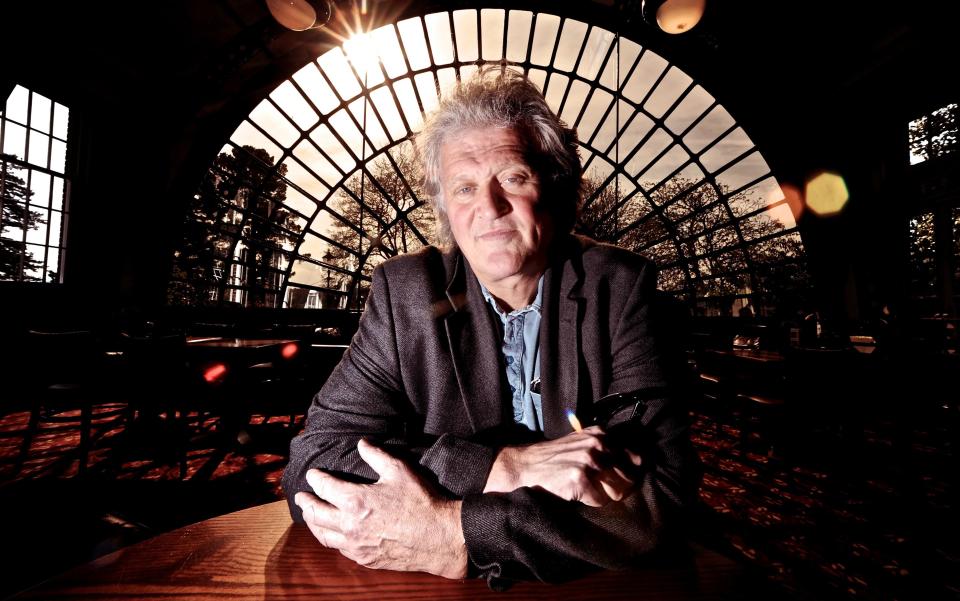Wetherspoon's Tim Martin criticises 'Jamie Oliver's sugar tax' for £3m bill

The outspoken chairman of popular pub chain JD Wetherspoon has bemoaned “Jamie Oliver’s sugar tax” for piling cost pressures on the sector.
Tim Martin warned his 886-site pub chain would see its bills rise this year partly due to an estimated £3m charge from the sugar tax which launches next month.
The celebrity chef was instrumental in pushing the Government to make soft drinks more expensive because of fears they were fuelling the nation’s growing obesity problem.
Explaining the cost pressures, Mr Martin told the BBC's Today Programme: “Pay is going up quite a lot, which a lot of people think is good, all sorts of taxes, and Jamie Oliver’s sugar tax, which he got us to pay but couldn’t afford to pay himself, is costing us £3m alone.
“That’s a bit more than the increase in rates.”
Last month Mr Oliver's Jamie's Italian restaurant chain was forced to close sites and negotiate rent cuts in a move aimed at preventing the under-pressure business from collapsing entirely, while his Barbecoa steakhouses went into administration, with the Piccadilly site closing.

The Government is set to raise less than half the proceeds that were initially envisaged from the levy when it was announced by former Chancellor George Osborne.
The Office for Budget Responsibility now forecasts the tax will raise just £240m in its first year, which begins in April, compared to the £520m that was estimated.
A major factor in the fall has been drinks manufacturers’ more rapid and aggressive alterations of drink recipes to help them avoid the levy, which will be charged at a 24p per litre level for beverages with 8g of sugar per 100ml, and 18p per litre for drinks with 5g of sugar per 100ml.
Mr Martin claimed the rising costs had virtually nothing to do with Brexit and that most of the pressures had been caused by domestic policy.

He also countered the “frequently repeated Brexit concern” that the UK would not be able to stand up against the EU if negotiations between the two parties broke down and a trade war erupted.
“Wetherspoon is one of the biggest customers, or possibly the biggest customer, of the excellent Swedish cider-maker Kopparberg,” he said.
“If trade barriers were imposed, so as to make Kopparberg uneconomic, then Wetherspoon could switch to UK suppliers or those from elsewhere in the world.”
Shares in the discount pub chain dropped nearly 3pc to £12.60 on Mr Martin’s comments. But the stock has risen almost 80pc since the UK’s decision to leave the European Union in June 2016, vastly outperforming its rivals who have found the challenging trading conditions since the vote far tougher than Mr Martin’s business.
Like-for-like sales rose 6.1pc in the six months to Jan 28, helping total sales hit £830m. A healthy rise in profits was supported by the sale or closure of 12 pubs, which boosted pre-tax profits by more than a third to £54.3m.

 Yahoo Finance
Yahoo Finance 